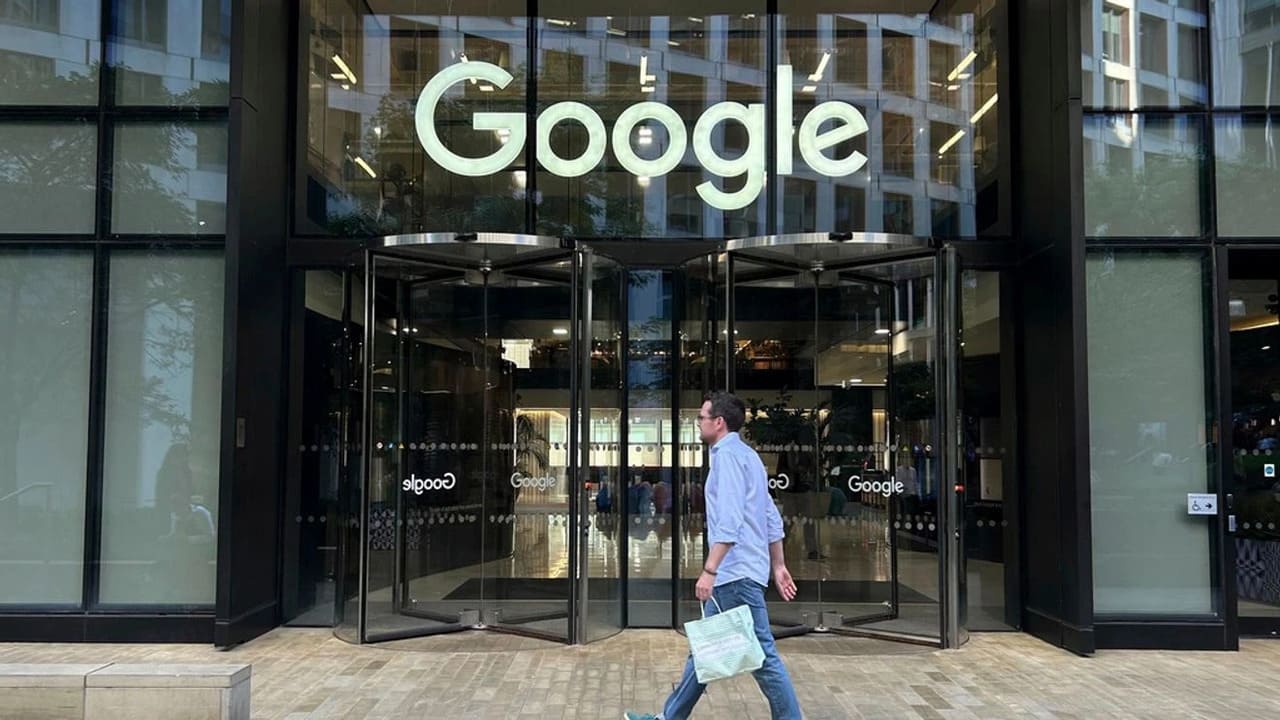
IndependentReport – Google, under its parent company Alphabet, is facing one of its most significant legal challenges in years. A federal court in Alexandria, Virginia, opened hearings in an antitrust trial that accuses the tech giant of illegally monopolizing the digital advertising ecosystem. The U.S. Department of Justice (DOJ), supported by several states, argues that Google’s control over critical ad tech tools has allowed it to dominate online advertising to the detriment of publishers, advertisers, and competitors.
At the heart of the case are Google’s ad exchange (AdX) and its publisher ad server, which together control the bidding, placement, and flow of digital ads across the internet. Judge Leonie Brinkema has already ruled that Google holds an unlawful monopoly in ad tech. The current proceedings focus on remedies, with the DOJ pressing for structural changes rather than voluntary promises from the company.
In response to the accusations, Google has argued against extreme remedies such as divestiture or splitting up its ad businesses. Instead, the company has proposed measures to increase transparency and interoperability. These proposals include allowing publishers more freedom to use non-Google ad servers and ensuring that competitors’ tools can integrate more easily with Google’s systems.
The DOJ, however, insists that behavioral remedies will not be enough. Prosecutors are calling for Google to spin off its AdX exchange and, more controversially, to make its ad auction mechanism open source. They argue that only by separating ownership and exposing the code can fair competition be restore. The DOJ has even suggested that if competition does not improve within four years, Google should be force to divest its publisher ad server as well.
Also Read : Trump’s New Visa Policy Draws Criticism from U.S. Tech Industry
The outcome of this antitrust trial could reshape the global online advertising industry. If the DOJ’s proposals are accept, the ripple effects would extend far beyond Google. Competitors could gain better access to the digital ad market, while publishers and advertisers might enjoy fairer prices and more options.
On the other hand, Google warns that drastic remedies would lead to confusion and instability. By opening its auction code or breaking up its businesses, the company argues, the ecosystem could become less secure and less efficient, disrupting billions of dollars in daily transactions. For now, the stakes are high, as both sides present radically different visions of the future of online advertising.
To better understand what is at stake in this antitrust trial, here are several key implications if the DOJ’s remedies are impose:
Even if remedies are order, executing them will not be simple. From a technical standpoint, open sourcing ad auction code raises concerns about security, privacy, and scalability. With millions of ad bids processed every second, even small vulnerabilities could cause massive disruptions. Google has described these demands as impractical and potentially harmful to users and businesses alike.
Regulatory challenges are equally complex. Breaking up Google’s ad business would impact advertisers, media publishers, and global ad intermediaries. Legal disputes over intellectual property and long-standing contracts could arise, while regulators worldwide would need to coordinate their responses. The case is not just about the U.S. market; it could set a precedent for how governments across Europe and Asia approach digital advertising regulation.
Read More : Amitav Ghosh Honored with Prestigious Korean Literary
Rather than concluding, the opening of this antitrust trial marks the start of a long and unpredictable process. Testimonies from publishers, advertising executives, and independent rivals are expect to play a crucial role. Their accounts could shed light on whether Google truly forced them into using its tools or whether competitive options were available.
Judge Brinkema’s decision will ultimately determine whether Google faces structural remedies, behavioral reforms, or a combination of both. Industry observers are also watching closely, as the ruling could inspire regulators worldwide to pursue similar actions. For now, the trial is a pivotal moment in the ongoing debate over how much power a single company should wield in the digital economy.
This Article About Antitrust Trial Written by: Sarah Azhari | Editor: Micheal Halim
Information Source: Westlaw.com